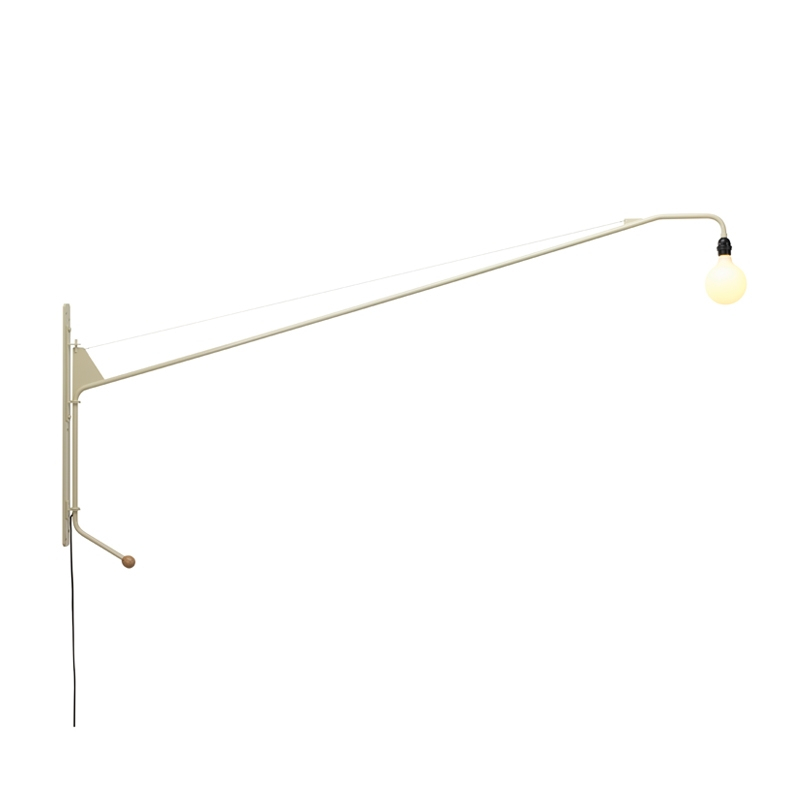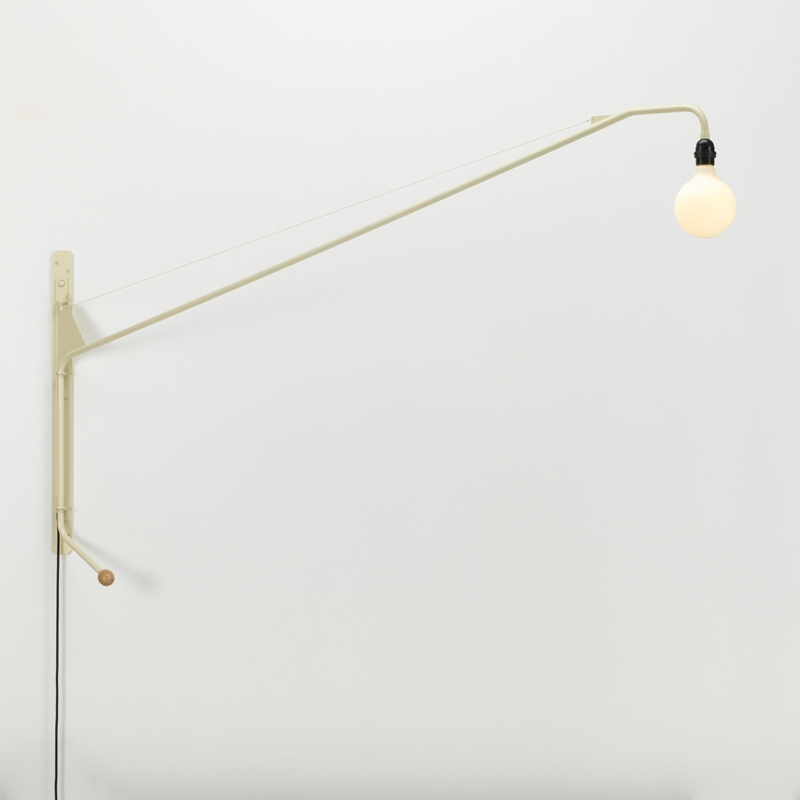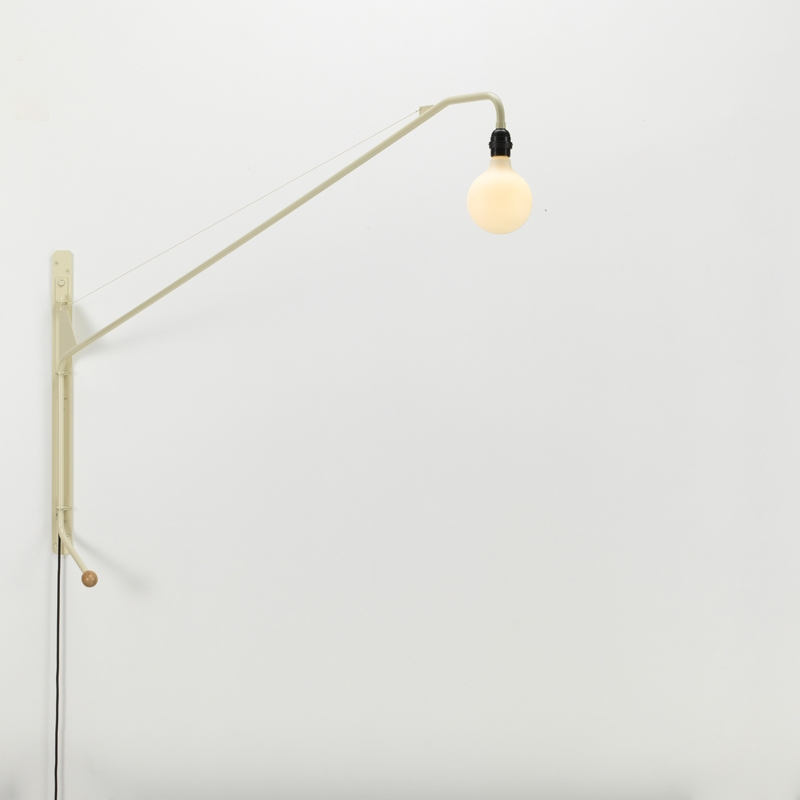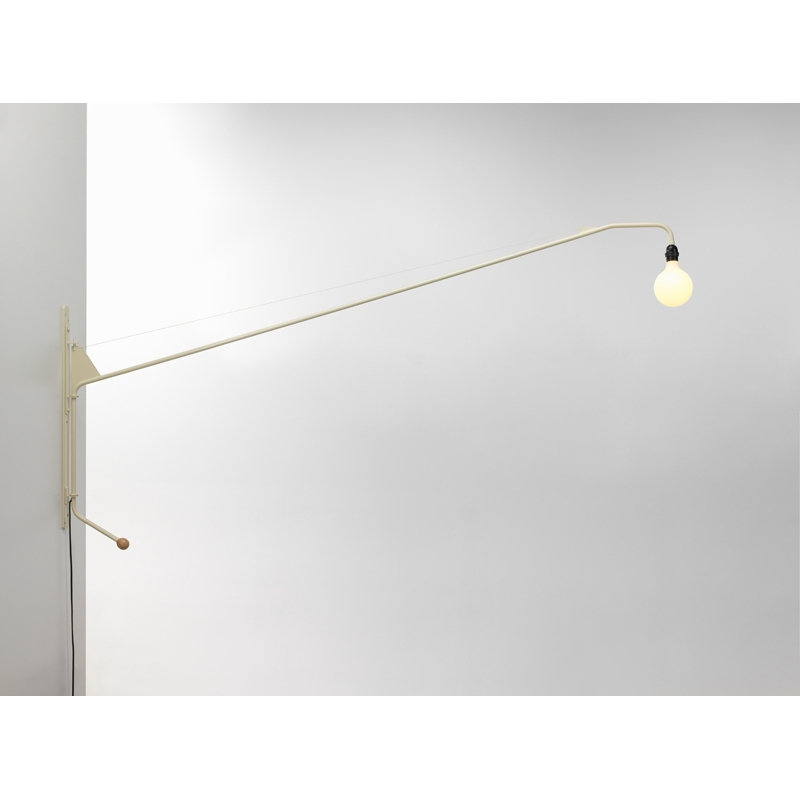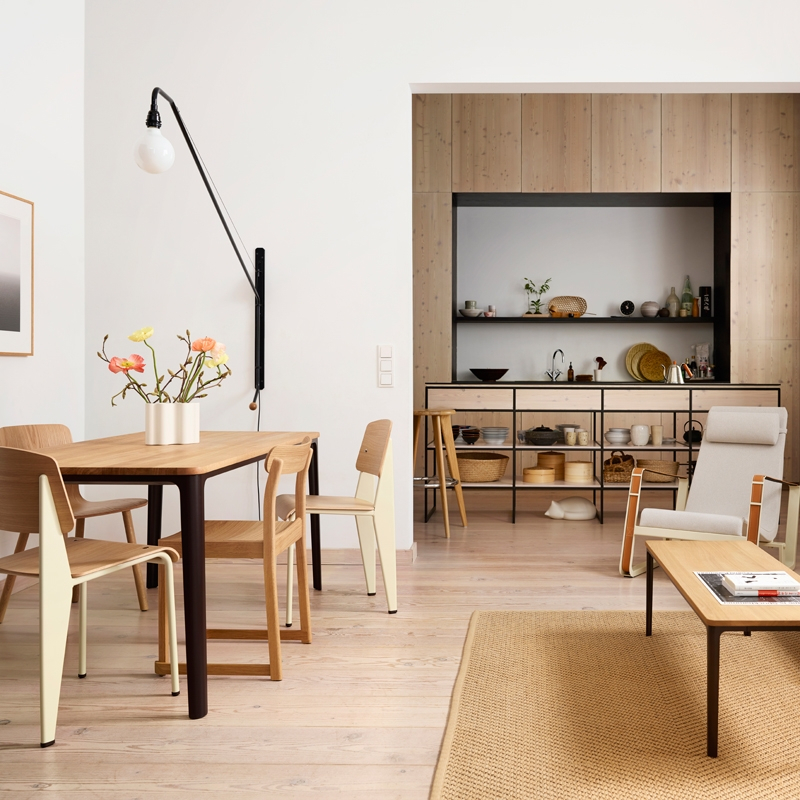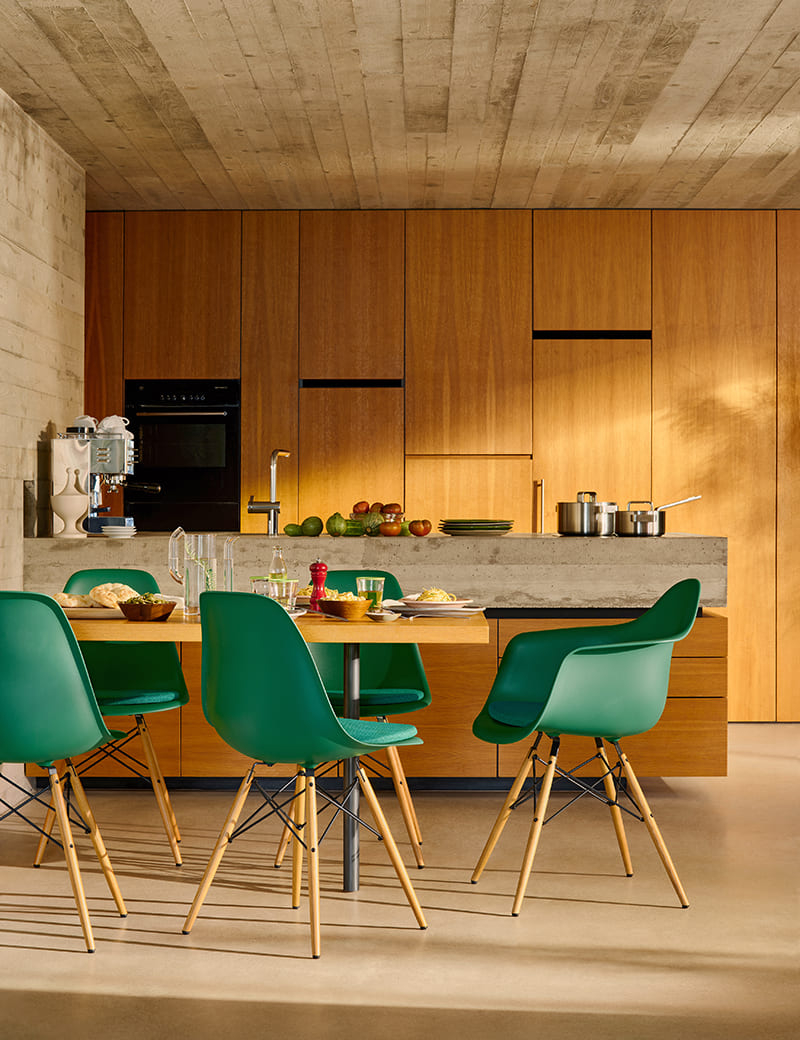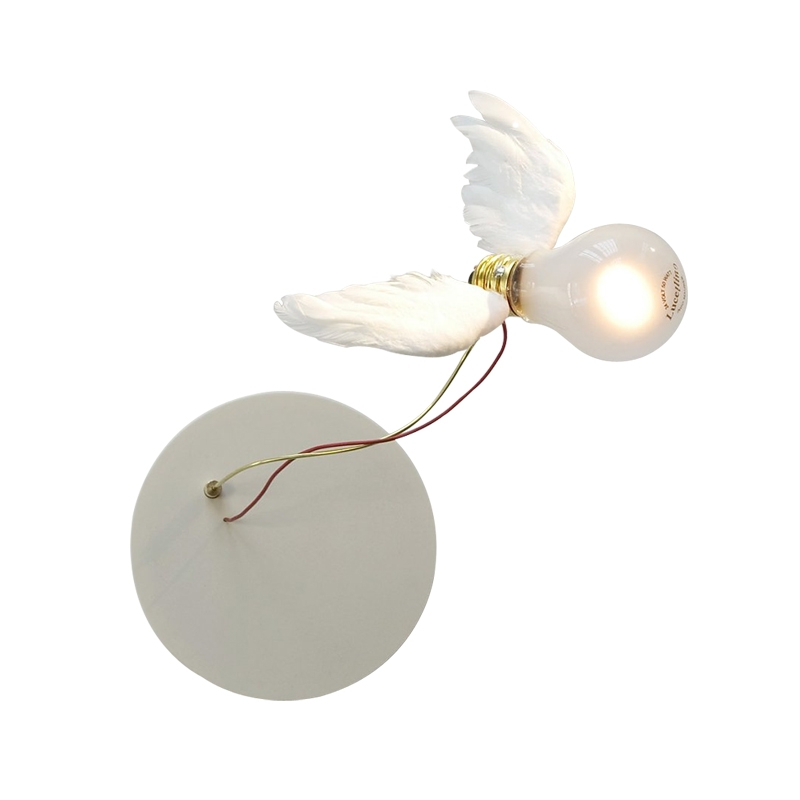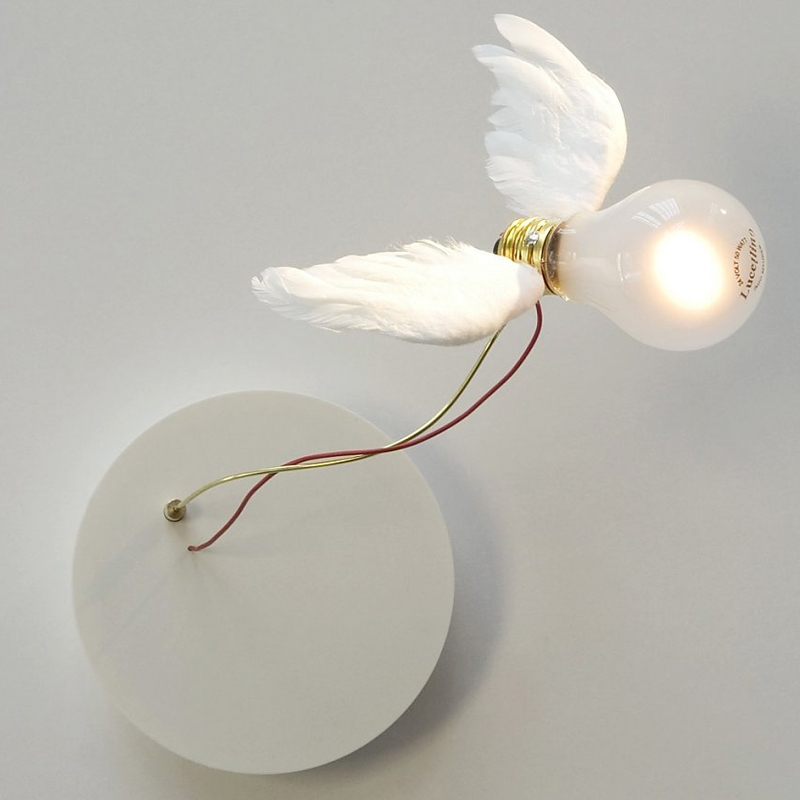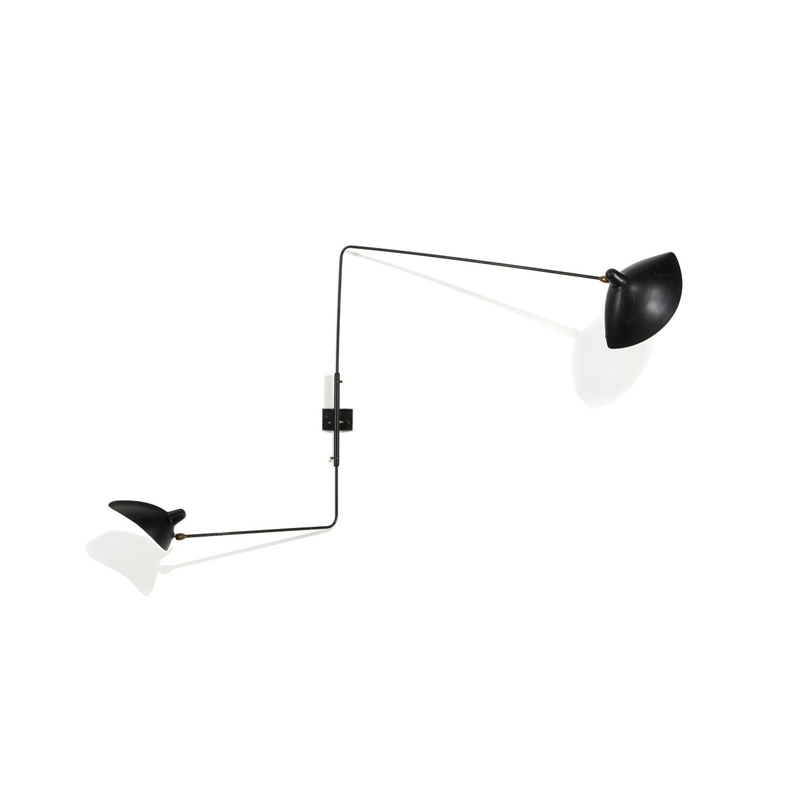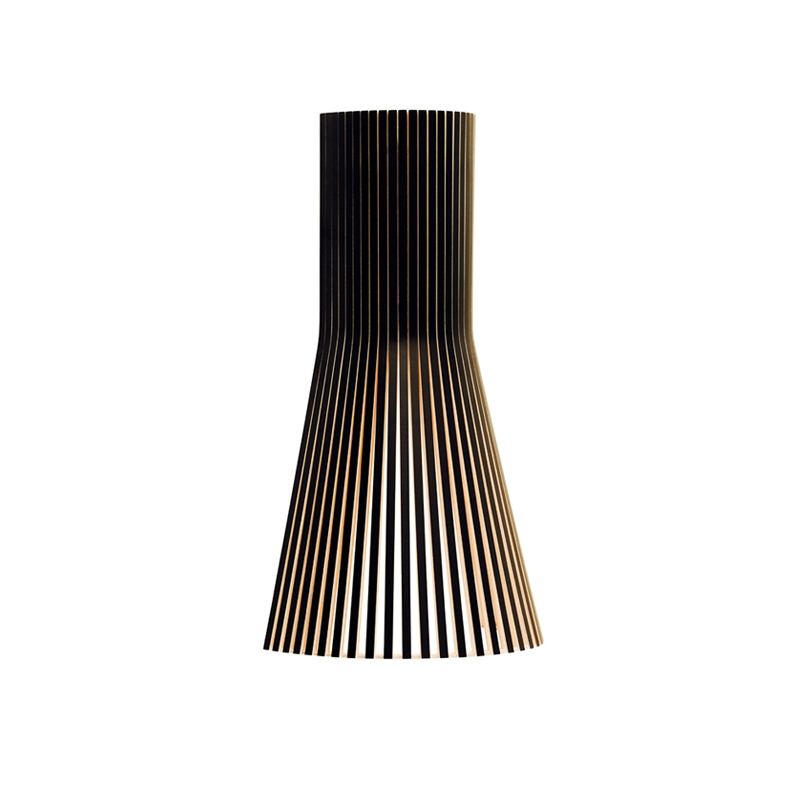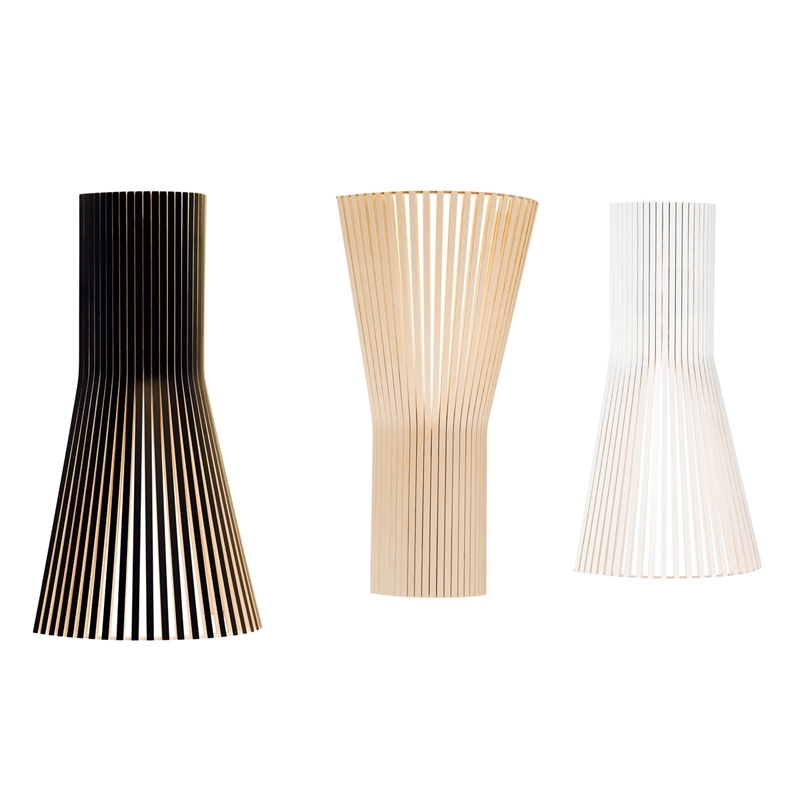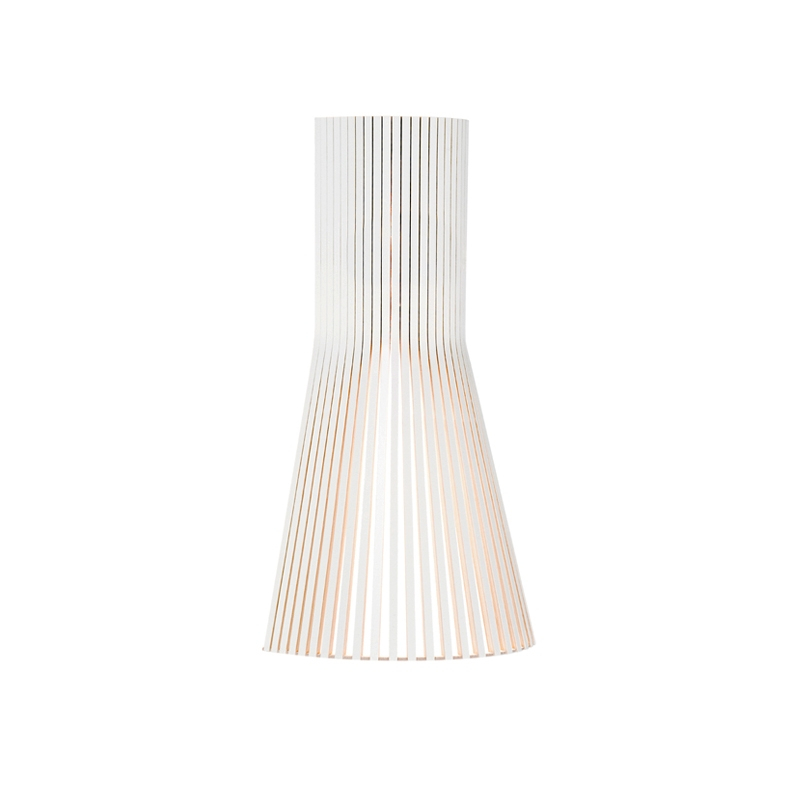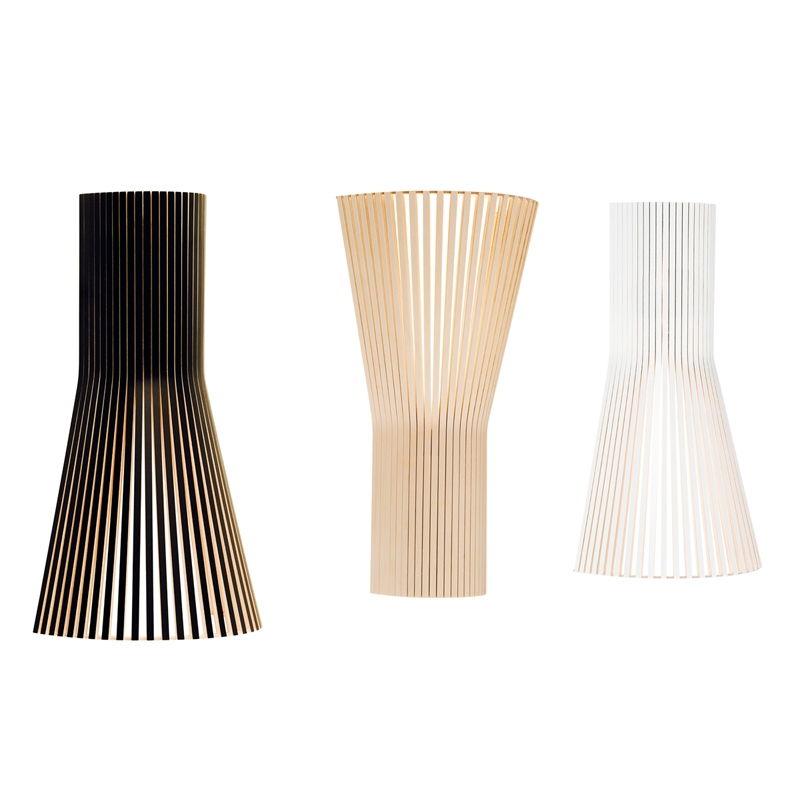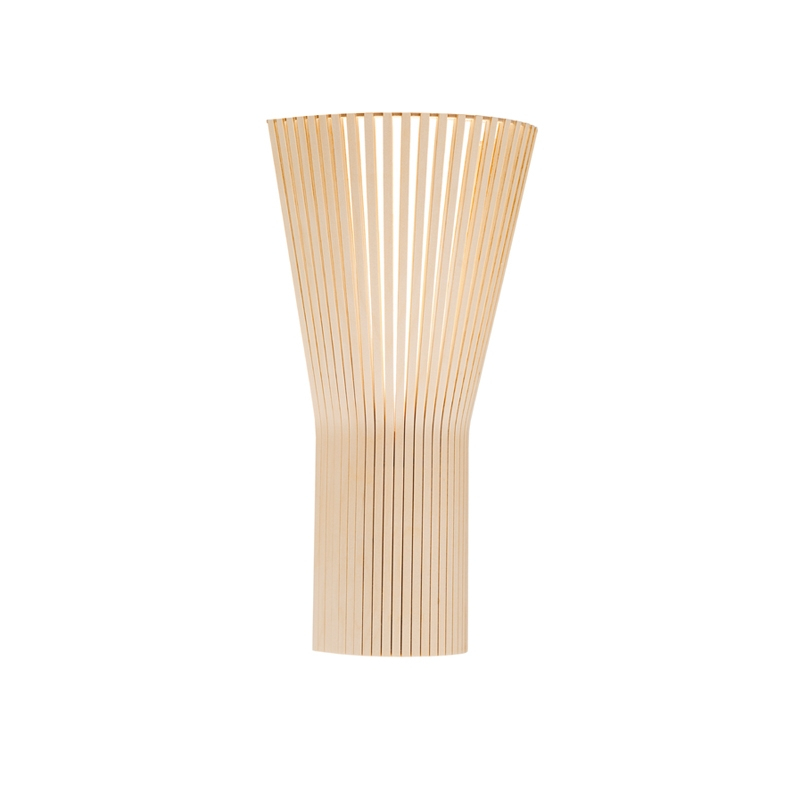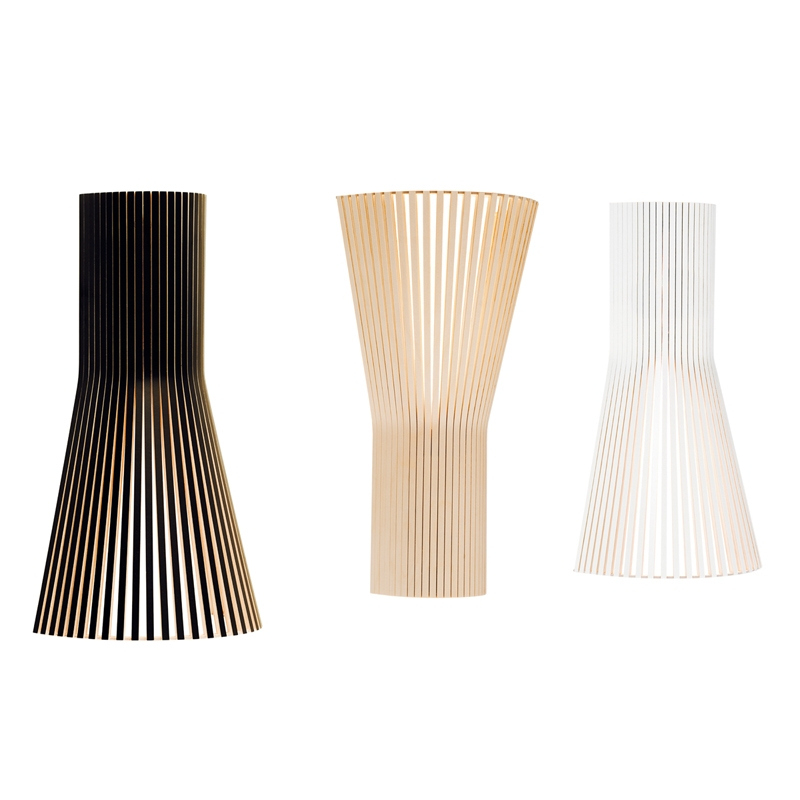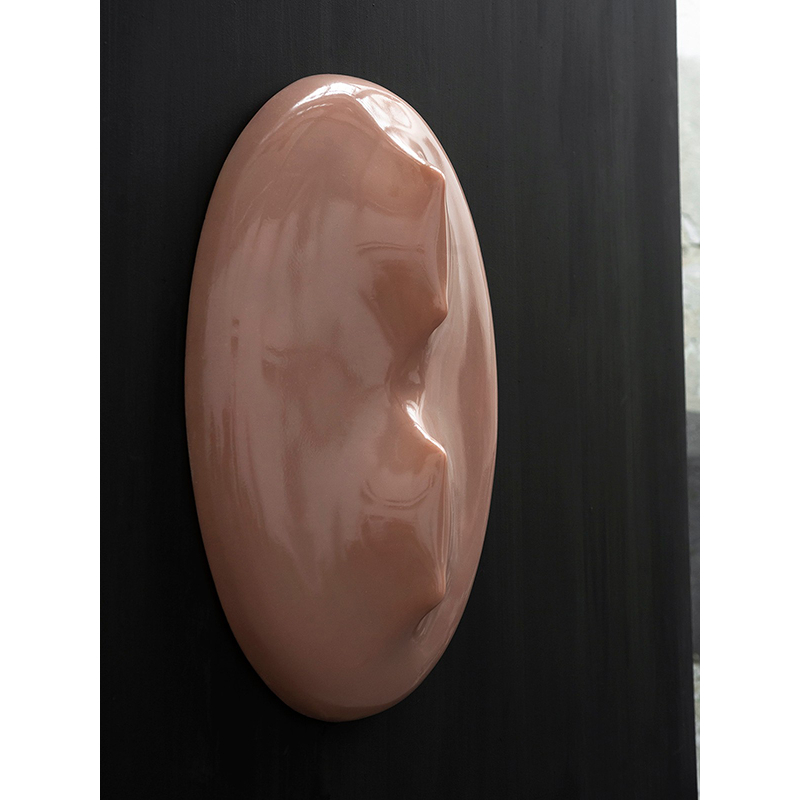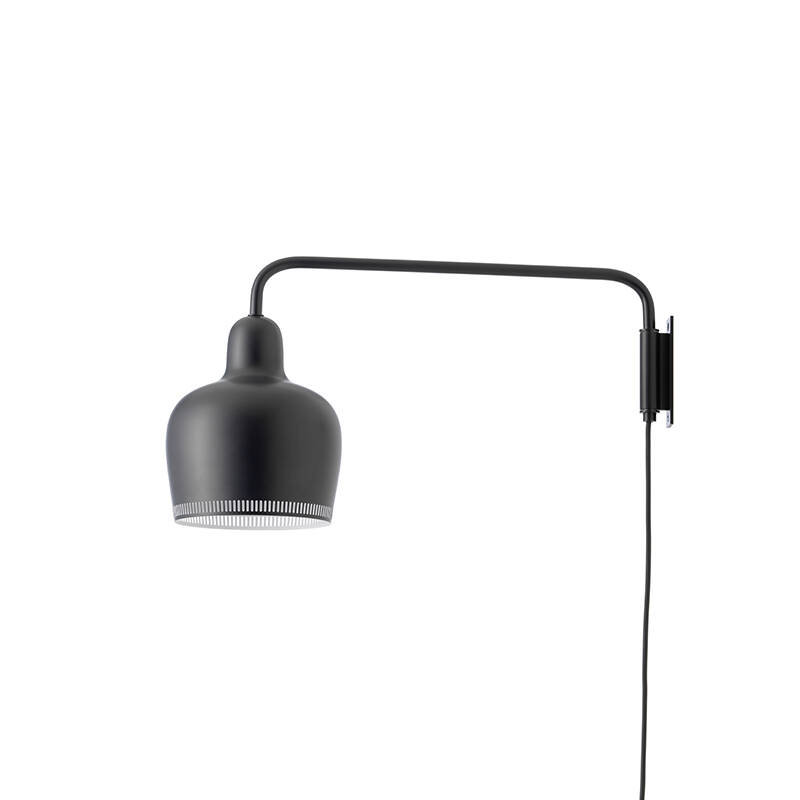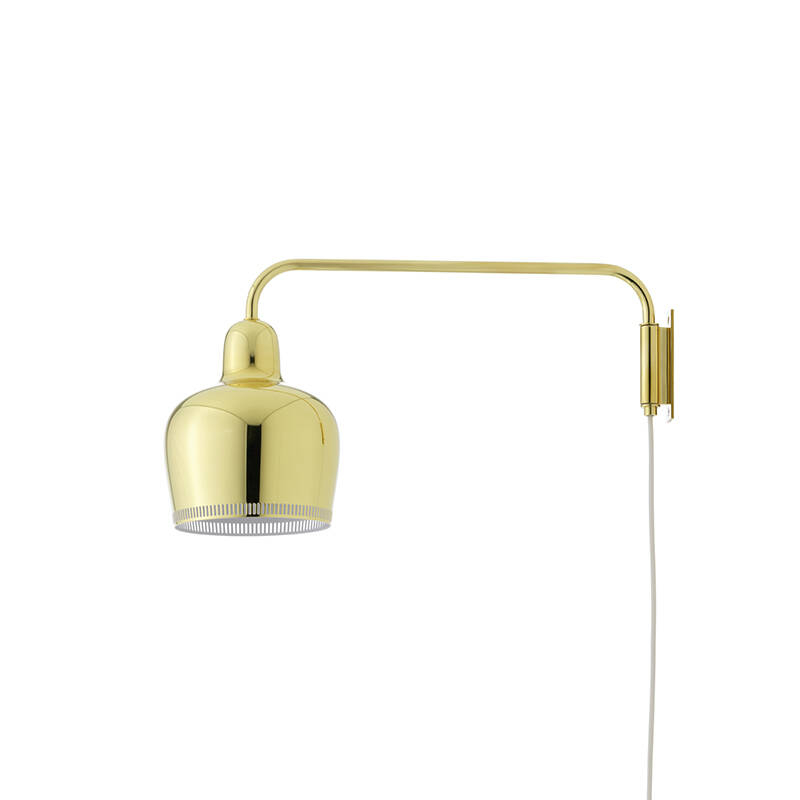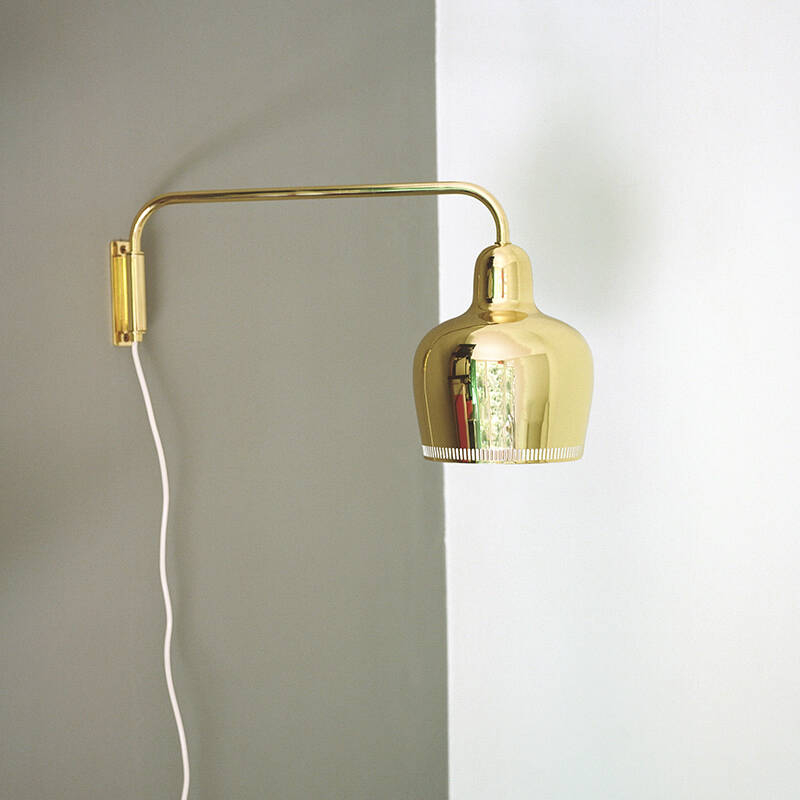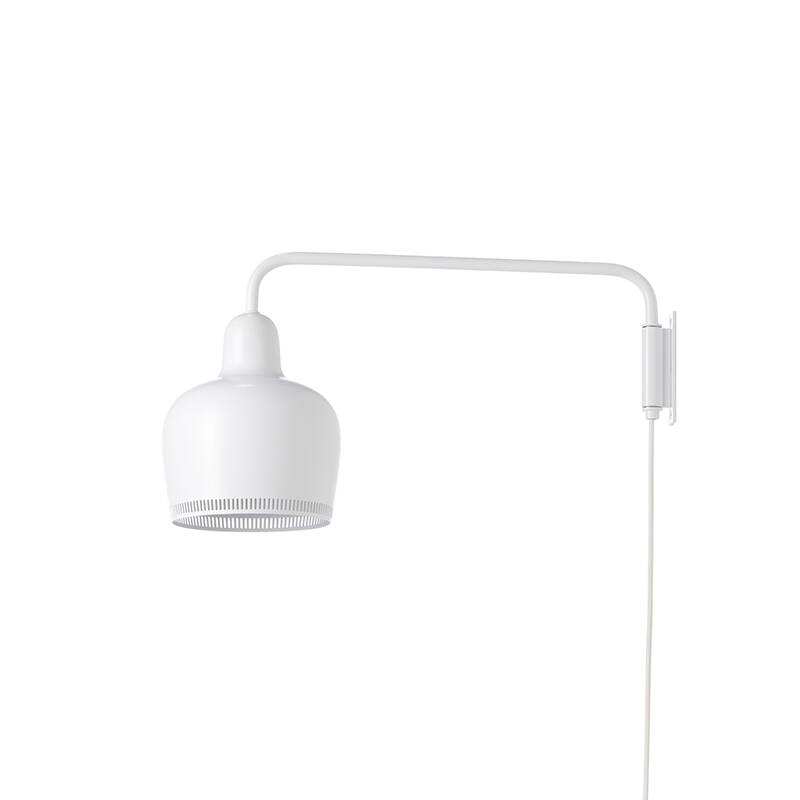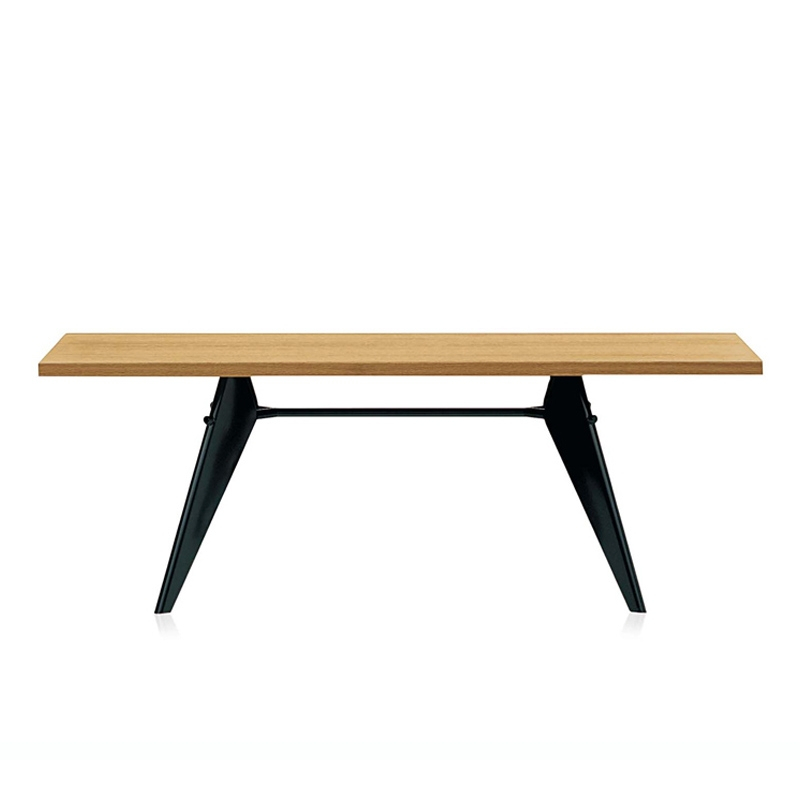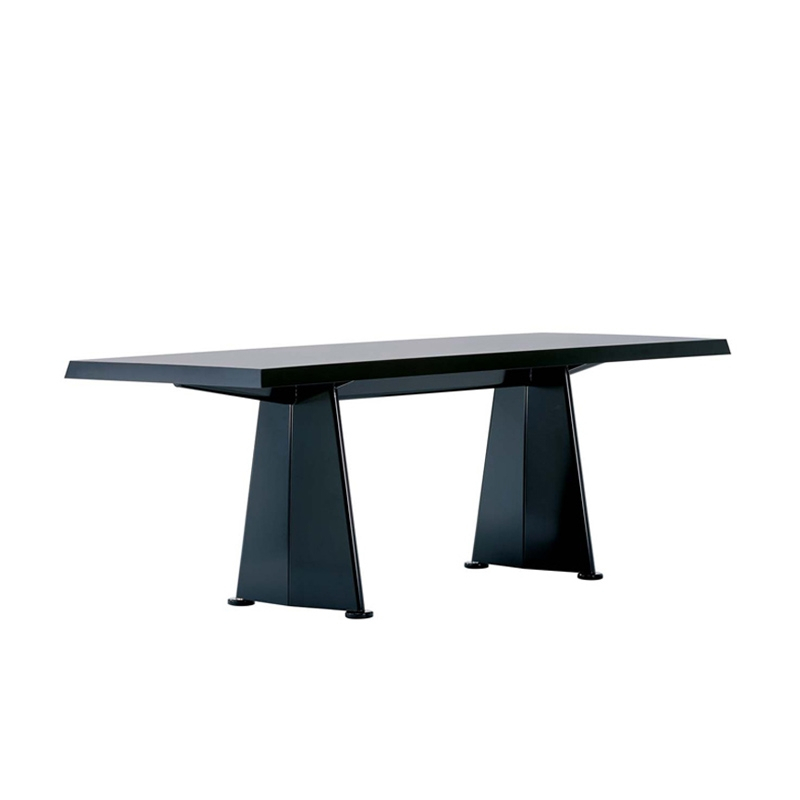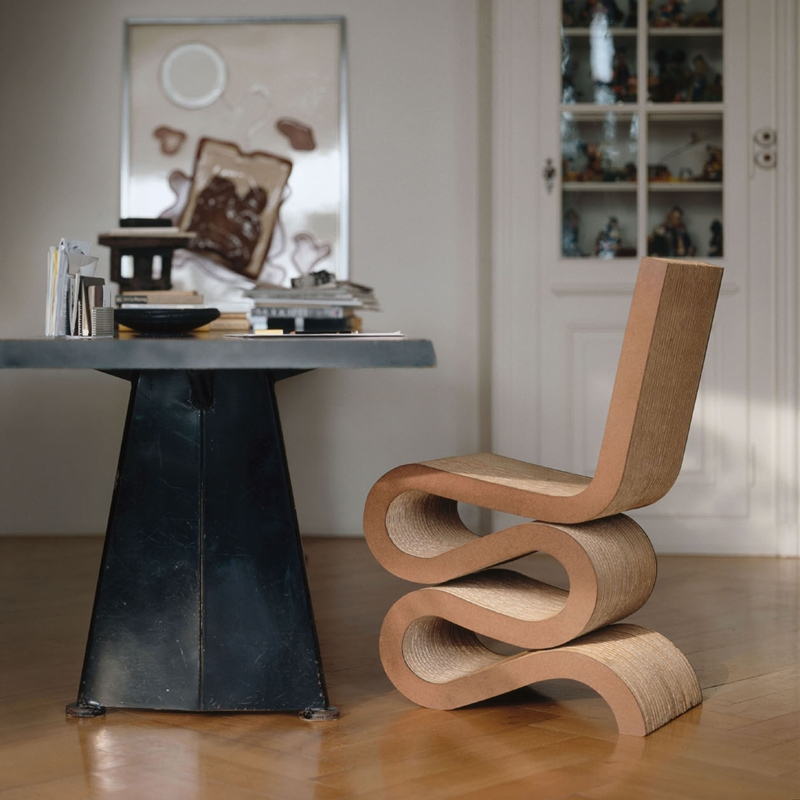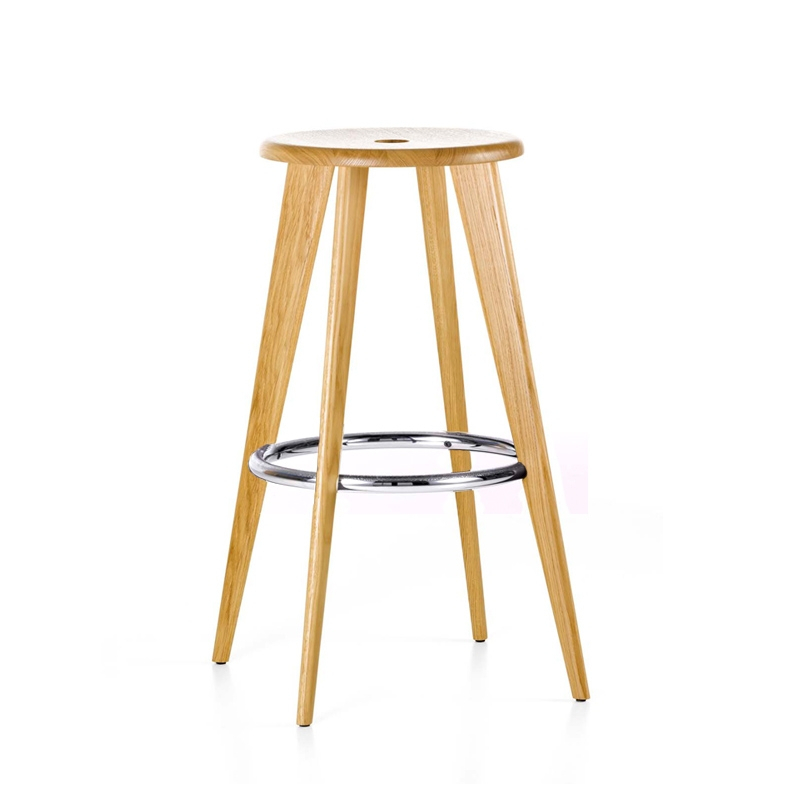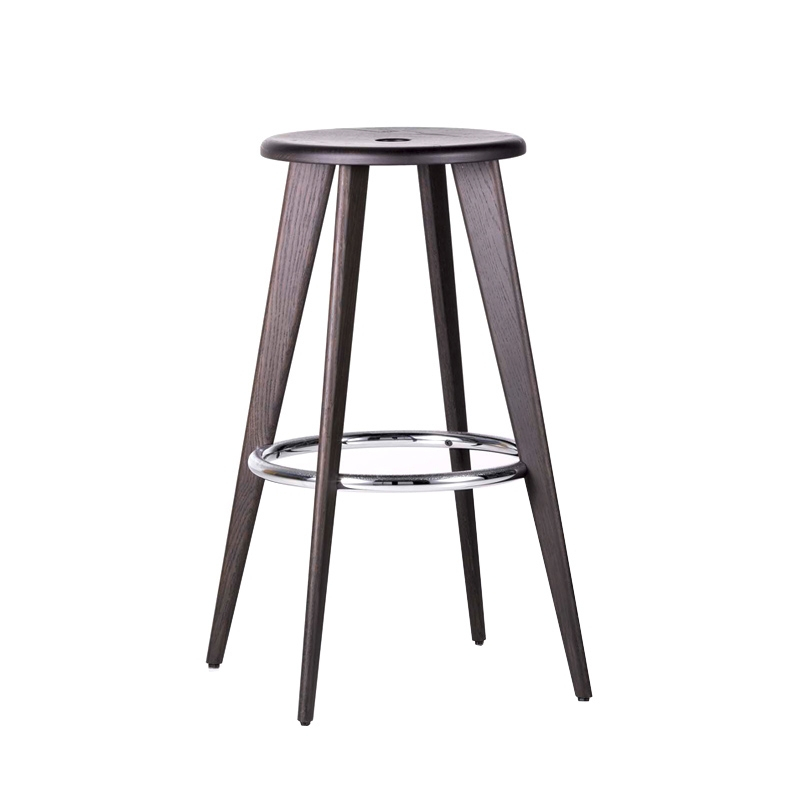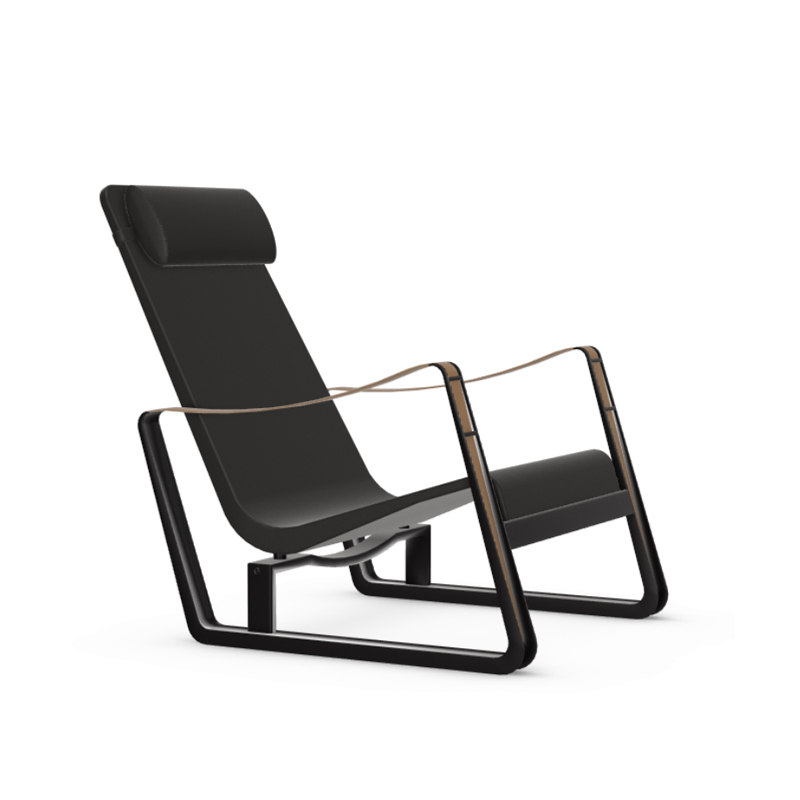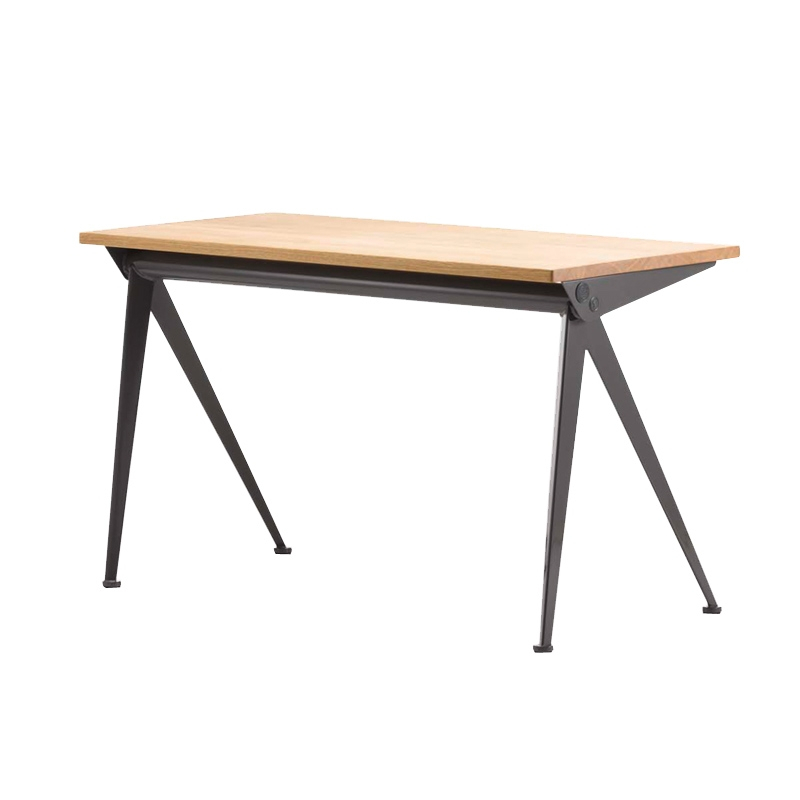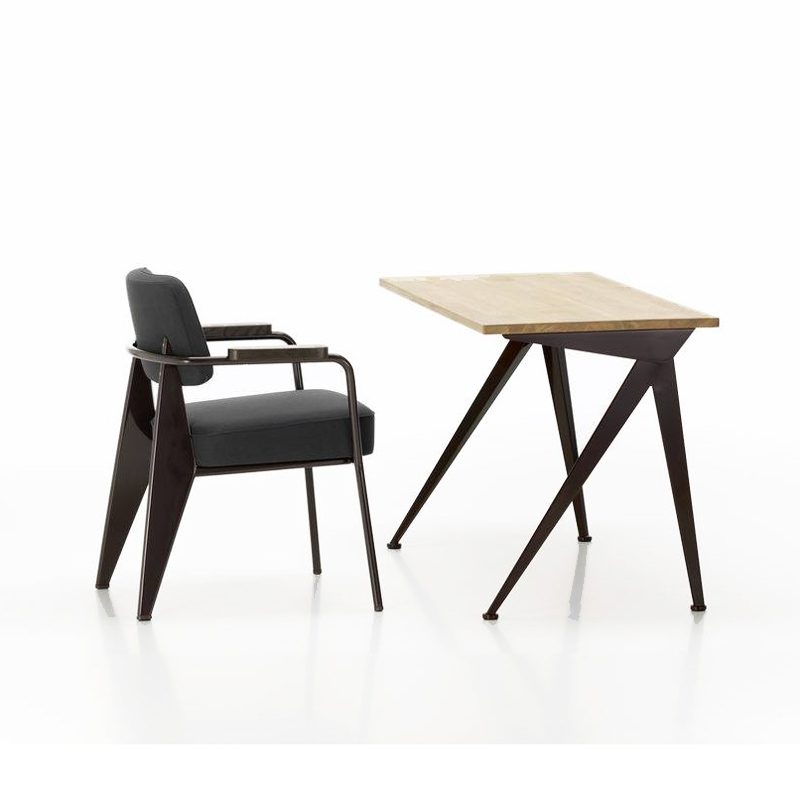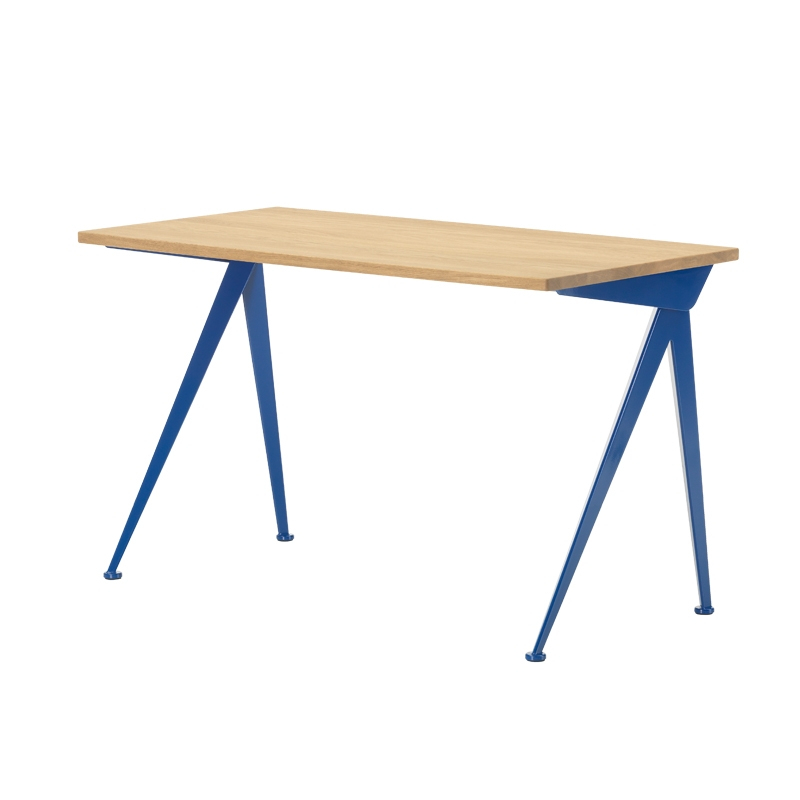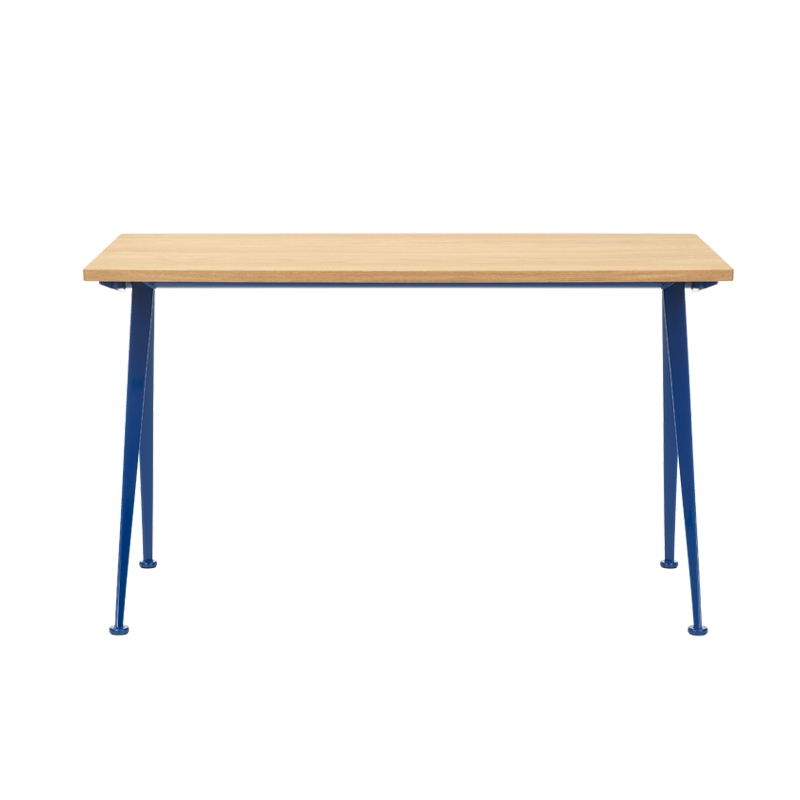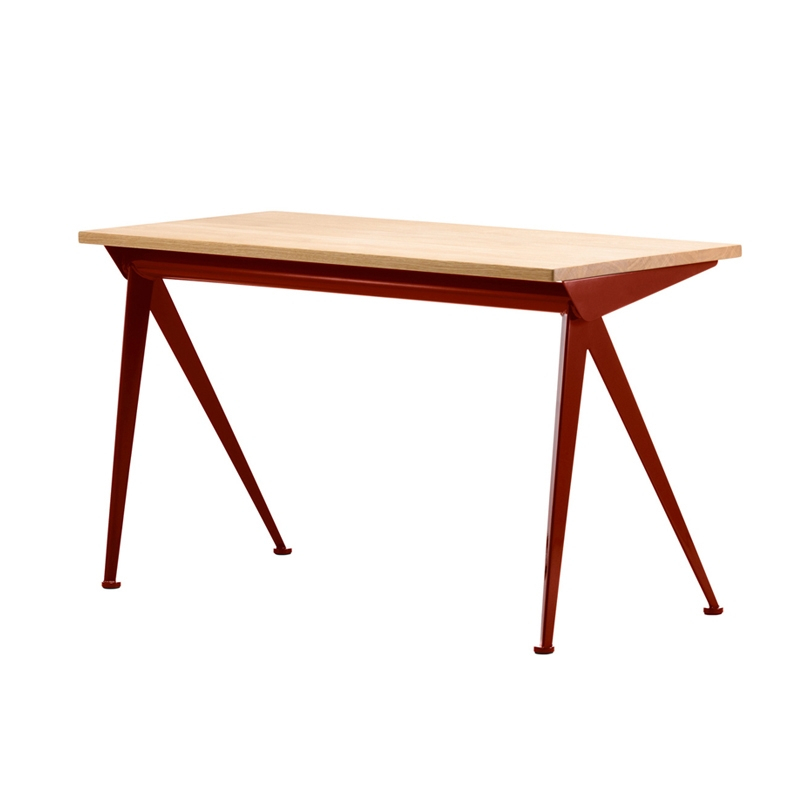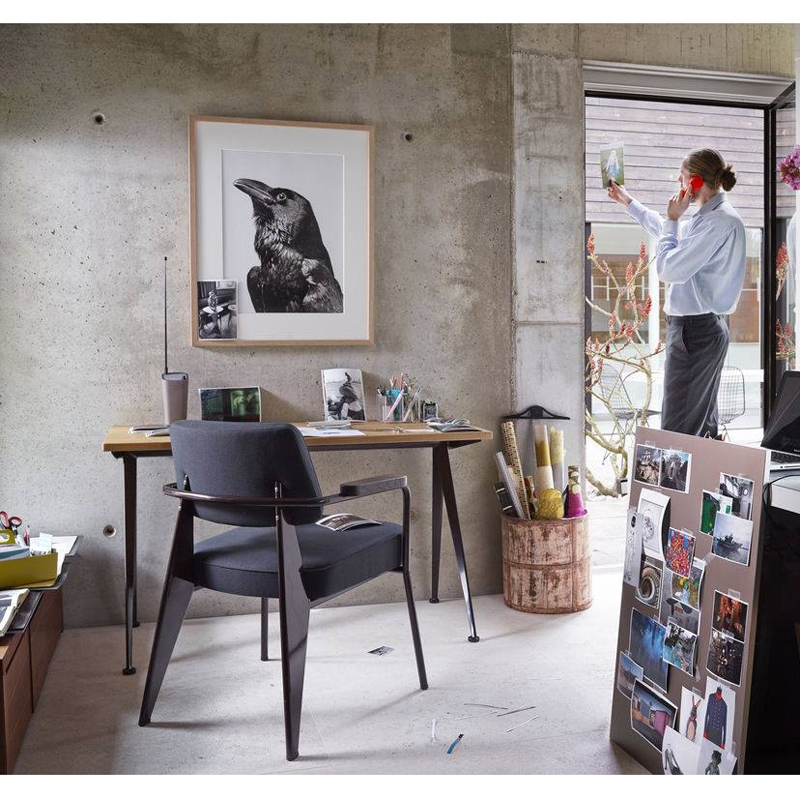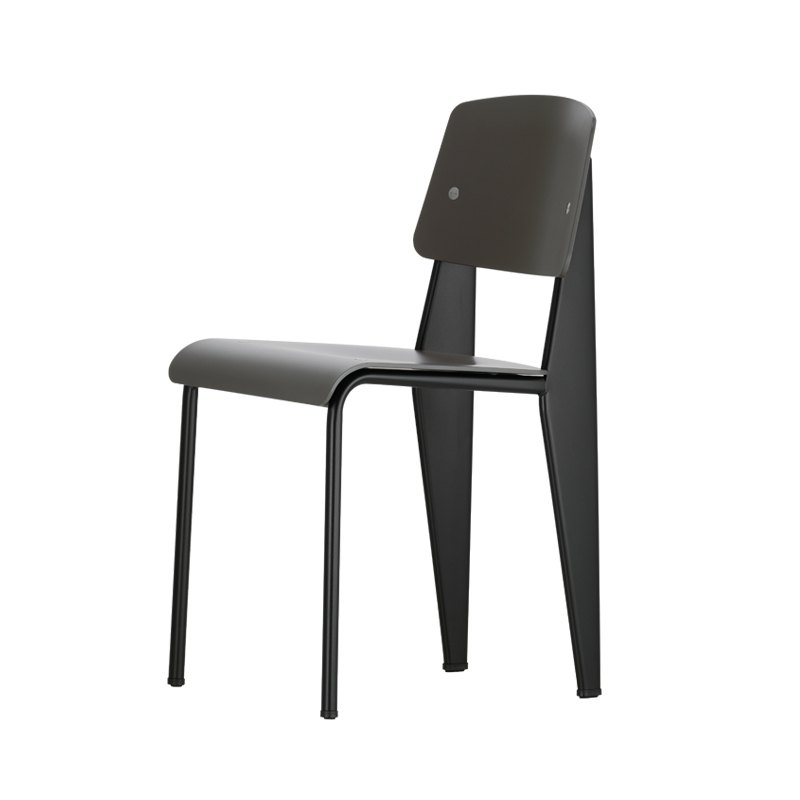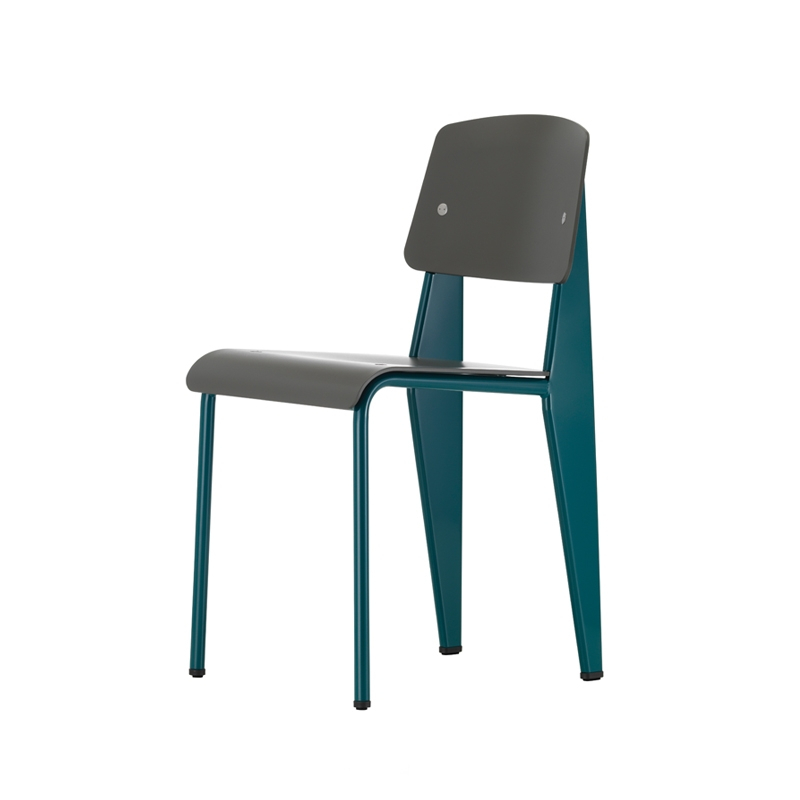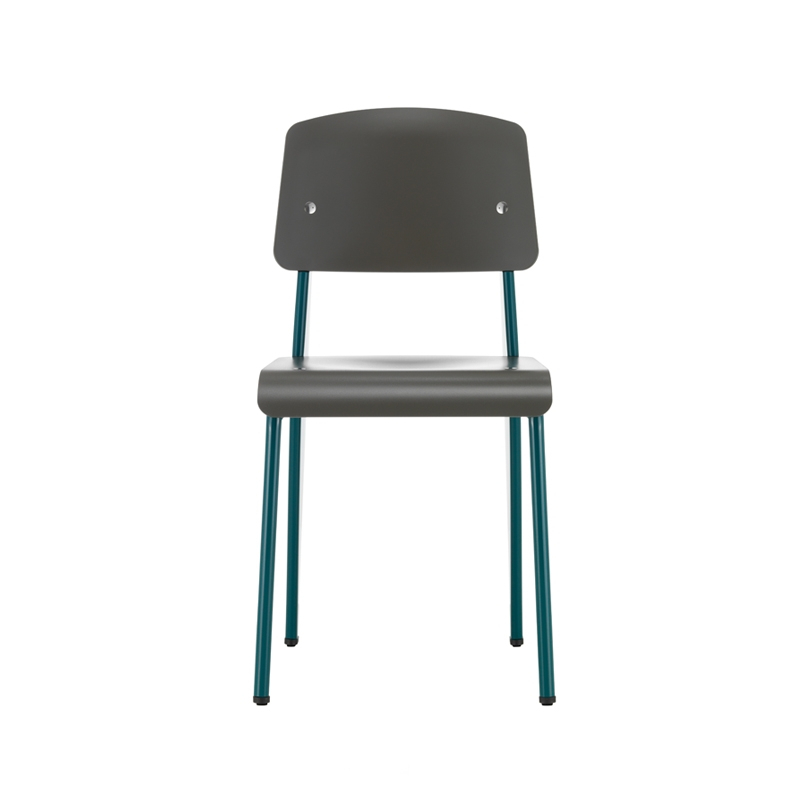- wishlist
-
Cart
Your cart is empty.
menu overlay
- Products
- Spaces
- Brands
- About
- Contact us
- Our CSR commitments
- Our Showrooms
- Request a quote
- Professional space
- General catalogue
Contact : +33(0)1 46 22 27 22
contact-eshop@silvera.fr
Contact : +33(0)1 46 22 27 22
contact-eshop@silvera.fr
menu overlay
Already a customer?
New customer?
Enjoy all the benefits we offer and track your purchases in the order history.
Registermenu overlay
Reset my password
You will receive a link by email to reset your password.
%
Wall light POTENCE Prouvé Blanc Colombe VITRA
€1,495.00
€1,245.83 HT
or in

POTENCE Prouvé Blanc Colombe
POTENCE Prouvé Blanc Colombe
€1,495.00
€1,245.83 HT
€1,495.00
€1,245.83 HT
Color
Prouvé Blanc Colombe
Technology
Avec ampoule et variateur d'intensité
Dimensions
L 203 x H 109 cm
Matériaux
Acier finition époxy, chêne
Availability
6 à 8 semaines
Notice
- Home
- ▸
- Wall light
- ▸
- POTENCE Prouvé Blanc Colombe
What you think of it
Delivery Terms
Delivery possible within 48 hours for in-stock products.
You will also like
By the same designer
menu overlay
Quote request
You will receive a response from us within 24/48 hours
Your contact details
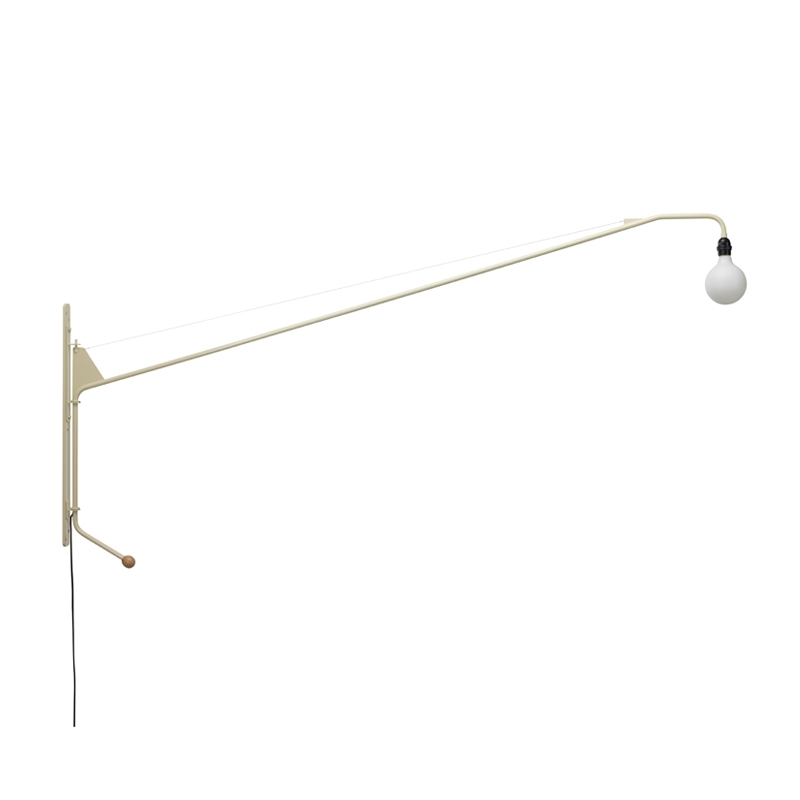
Wall light
POTENCE Prouvé Blanc Colombe
VITRA
Color :
Prouvé Blanc Colombe
Technology :
Avec ampoule et variateur d'intensité
Dimensions :
L 203 x H 109 cm
Matériaux :
Acier finition époxy, chêne
Availability :
6 à 8 semaines
Brand :
VITRA
€1,495.00 TTC
€1,495.00 HT
In stock
In stock
€1,495.00 TTC
€1,495.00 HT
Total items :
€1,495.00
Taxes
0 €
Total (VAT incl.)
€1,495.00




